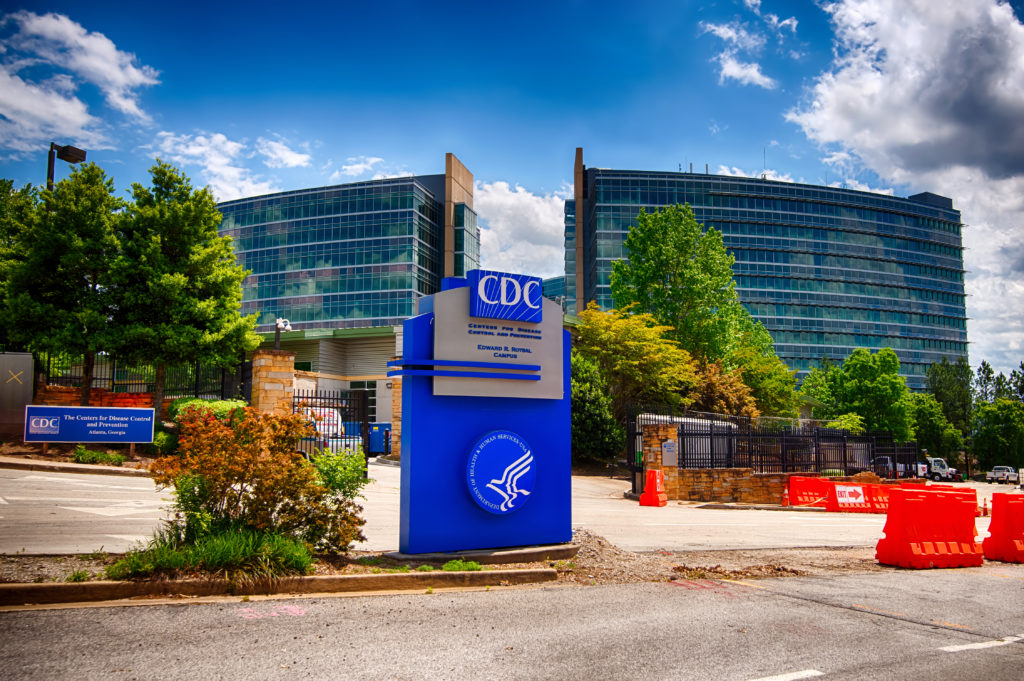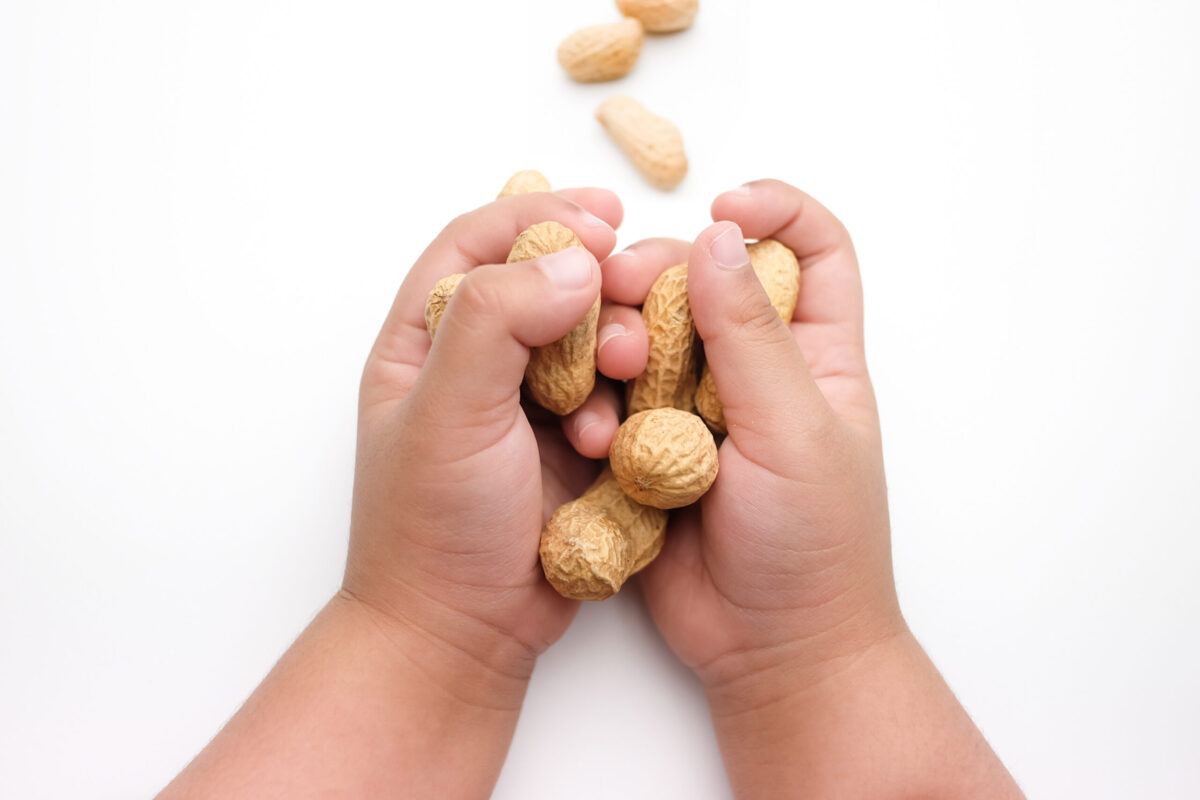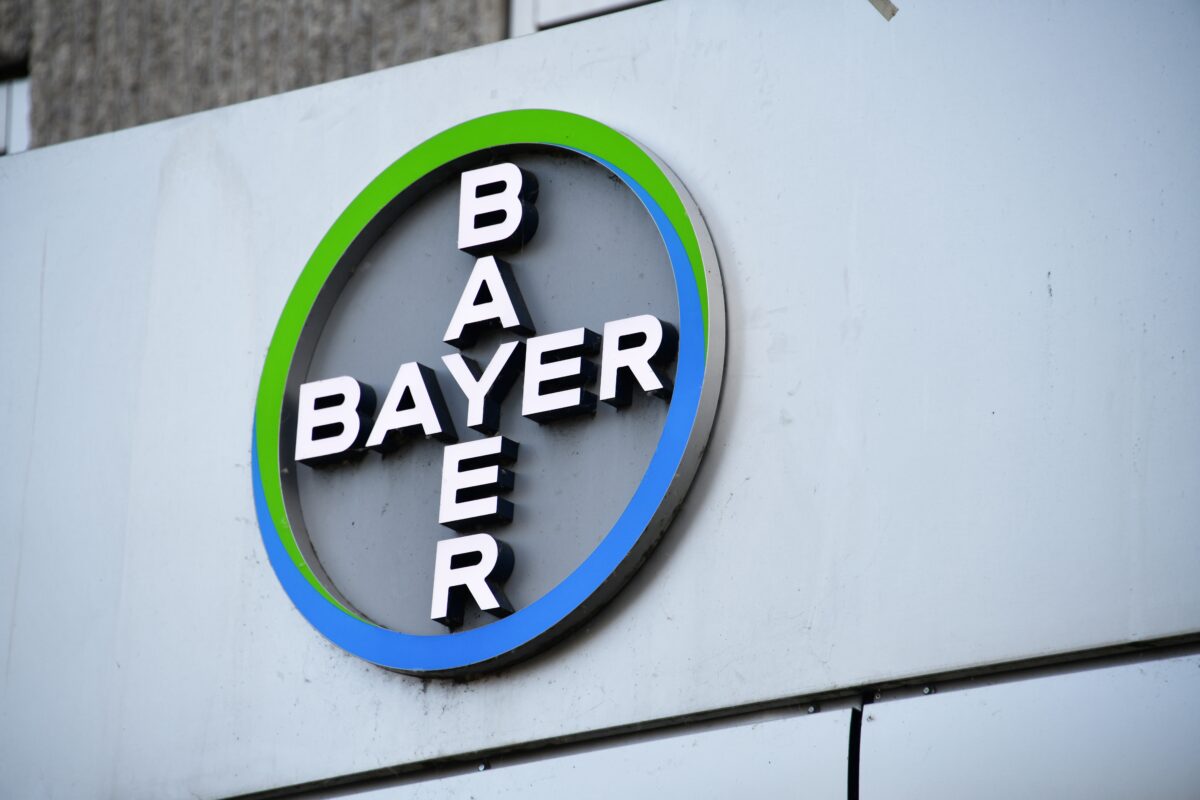The Centers for Disease Control and Prevention (CDC) has endorsed the J&J/Janssen COVID-19 vaccine, stating that the benefits of the vaccine still outweigh any potential risks. The importance of vaccination is especially heightened now given the more transmissible Delta variant, which is quickly circulating to become the dominant strain in many places around the world.
The CDC’s Advisory Committee on Immunization Practices (ACIP) convened on Thursday to discuss the handful of Guillain-Barré syndrome (GBS) cases reported after administration of J&J’s shot. GBS is a rare, autoimmune, neurological condition caused by immune system-induced damage to nerve cells, leading to rapid-onset muscle weakness and paralysis in some cases. The condition is treatable, and most people make a full recovery.
The independent group of experts also reviewed the need for booster shots, particularly for people with compromised immune systems.
As of the end of June, 100 cases of GBS out of 12.8 million administered vaccine doses have been reported among those who received the J&J COVID-19 vaccine. Most cases required hospitalization and there has been one death. The cases have typically occurred within 13 days of vaccination and have mostly been in older men.
GBS has also been associated with other vaccines, such as GlaxoSmithKline’s Shingrix and the swine flu vaccine in the 1970s.
Despite this, the CDC had updated J&J’s safety label last week to warn of the increased GBS risk while maintaining that a definitive link has not been determined. The European Medicines Agency (EMA) did the same, citing it as a “very rare side effect.”
Related: US Regulators Recommend Pause on J&J’s COVID-19 Vaccine, But Just as a Precaution
Despite the increasing reports of GBS in the government’s Vaccine Adverse Event Reporting System (VAERS), the agency said it had not established that the vaccine could cause the syndrome.
J&J’s shot has been under intense scrutiny all year, with the FDA and CDC having recommended a pause on its use in April after six cases of a rare and severe type of blood clots known as thrombosis-thrombocytopenia syndrome (TTS) — or more specifically, vaccine-induced thrombotic thrombocytopenia (VITT) — were reported among vaccine recipients. The pause was lifted just over a week later after an FDA safety review found that the chance of TTS occurring after vaccination was very low. However, the FDA and CDC said they would remain vigilant in continuing to investigate the risk.
J&J’s shot is associated with around eight GBS cases per million vaccinated people, which is higher than the one per million among recipients of an mRNA vaccine, noted the CDC.
However, one of the CDC expert group’s clear concerns at the meeting was Delta. According to CDC data, the mutant strain now accounts for over 80 percent of new US infections that are sequenced.
And the good news is that J&J’s COVID-19 vaccine provides good protection against Delta. Earlier this month, J&J shared data published in two preprint studies showing that their one-dose shot produced “strong, persistent activity against the rapidly spreading Delta variant and other highly prevalent SARS-CoV-2 viral variants,” and that the responses were maintained for at least eight months, which is the length of time assessed so far. The lab studies involved assessing the activity of neutralizing antibodies from convalescent sera against SARS-CoV-2 and various variants.
However, new data from Israel’s health ministry suggests the vaccine may not be as effective against Delta as previously claimed, but the data confirms that it offers good protection against severe/critical disease. The ministry says Pfizer’s effectiveness may be as low as 39 percent against symptomatic Delta infection. This may be due to factors such as the analysis including mainly elderly populations that were vaccinated early on and who may not mount as strong of an immune response, and waning antibodies. Further information on the analysis, and further overall investigation, is needed to ascertain the full scope of the findings.
In addition, another recent lab study published as a preprint echoes that the J&J COVID-19 vaccine elicits weaker neutralizing antibody response compared to the Pfizer and Moderna mRNA vaccines. It is important to note that all of the lab studies were small, involving 20 or less samples in each of the vaccine groups evaluated.
“Many hospitalizations, ICU admissions and deaths can be prevented through Janssen and mRNA COVID-19 vaccines, far outweighing the risks,” CDC researcher Dr. Hannah Rosenblum told the agency’s ACIP panel.
Dr. Rosenblum presented data showing the number of COVID-19 cases that could be prevented by every million doses of administered J&J vaccine, compared with how many GBS complications may appear.
According to the CDC data, the vaccine would prevent 8,900 cases of COVID-19 and five COVID-19 deaths with only one GBS case being predicted to occur for women ages 18 to 29. For men in the same age group, 6,600 COVID-19 cases and three COVID-19 deaths would be preventable with the potential for only two GBS cases.
The results get even better in older age groups. For example, for every million doses administered among women ages 50 to 64, the data shows 12,100 COVID-19 cases and 120 COVID-19 deaths could be prevented compared with the risk of seven to eight GBS cases. Among men, the numbers are 10,100 preventable cases, 140 preventable deaths and between 14 to 17 GBS cases.
“In 65 and older, benefits are even greater,” Dr. Rosenblum said.
And of course, like the mRNA vaccines from Pfizer and Moderna, the J&J shot has very high efficacy against severe outcomes: 93 percent protection against COVID-19-associated hospitalization and 100 percent against COVID-19-related deaths.
COVID-19 Vaccine Boosters
The expert panel also addressed booster or additional doses, particularly with respect to those that are immunocompromised and, as a result, may not mount a strong enough immune response against the coronavirus after vaccination. The CDC said it needs to wait for the FDA to give regulatory go-ahead for such considerations after evaluating the data.
Representatives of the immunocompromised community have been requesting for the CDC’s expert group to give the go-ahead to boosters in these individuals.
So far, the FDA and CDC have voiced opposition to the need for vaccine boosters, which were being pushed by Pfizer who says a third dose of its vaccine would enhance immunity. The federal agencies issued a joint statement earlier this month in which they said, “Americans who have been fully vaccinated do not need a booster shot at this time. FDA, CDC and NIH are engaged in a science-based, rigorous process to consider whether or when a booster might be necessary.”
Any changes to current vaccine dosing regimens could come either through amendments to the emergency use authorizations or through full approvals.
In some countries like Israel and France, health agencies have given the green light to booster doses. Israel is allowing for the administration of a third dose of Pfizer to immunocompromised individuals, while France is following suit beginning in August.
Like the CDC and FDA, the World Health Organization (WHO) is currently maintaining that it does not see third doses as an urgent priority. WHO Director-General Tedros Adhanom Ghebreyesus said vaccination gives “durable immunity against COVID-19” and that the priority should be to “vaccinate those who have not yet received a first dose.” The latter is in light of continuing inequities in global vaccine distribution.












Join or login to leave a comment
JOIN LOGIN